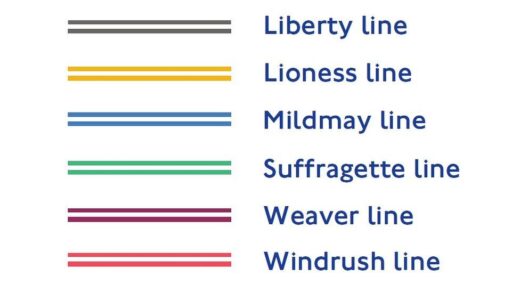A new analysis has revealed that one of the most significant methane leaks ever recorded occurred last year at a remote well in Kazakhstan. The leak, which started a fire that lasted for over six months, is estimated to have released 127,000 tonnes of methane, a greenhouse gas more potent than carbon dioxide. The environmental impact of this leak is equivalent to driving more than 717,000 petrol cars for a year.
The company that owns the well, Buzachi Neft, denies that a significant amount of methane was leaked. However, satellite data analysed by French geoanalytics firm Kayrros and verified by the Netherlands Institute for Space Research and the Polytechnic University of Valencia, Spain, showed high concentrations of methane on 115 separate occasions between June and December.
This leak could be the second worst man-made methane leak ever recorded, with only the Nord Stream sabotage in 2022 potentially causing a larger leak. Methane is responsible for about 30% of the rise in global temperatures since the Industrial Revolution.
Despite the company’s denial, local authorities have confirmed that methane levels in the air exceeded legal limits on multiple occasions following the initial blowout. Buzachi Neft maintains that its well contained only a negligible amount of gas and that any leaked methane would have burnt as it exited the borehole. The company also claims that only water vapour was released into the atmosphere.
However, scientists involved in verifying the leak dispute these claims, stating they are “completely sure” that vast amounts of methane escaped from this individual well. They detected methane plumes from five different methane-sensitive satellite instruments, all providing consistent measurements.
An official investigation into the incident found that Buzachi Neft failed to properly supervise the drilling of the well and blamed subcontractor Zaman Energo for numerous failures in the drilling process. Kazakhstan’s Ministry of Energy acknowledged that addressing the leak was a complex technical operation and stated that there is no universal solution to prevent similar accidents.
Kazakhstan, which has experienced numerous major methane leaks in the past, pledged at last year’s COP28 climate summit to reduce its methane emissions by 30% by 2030. However, with a projected increase in natural gas production, the country faces the risk of further methane leakages from gas pipelines.









